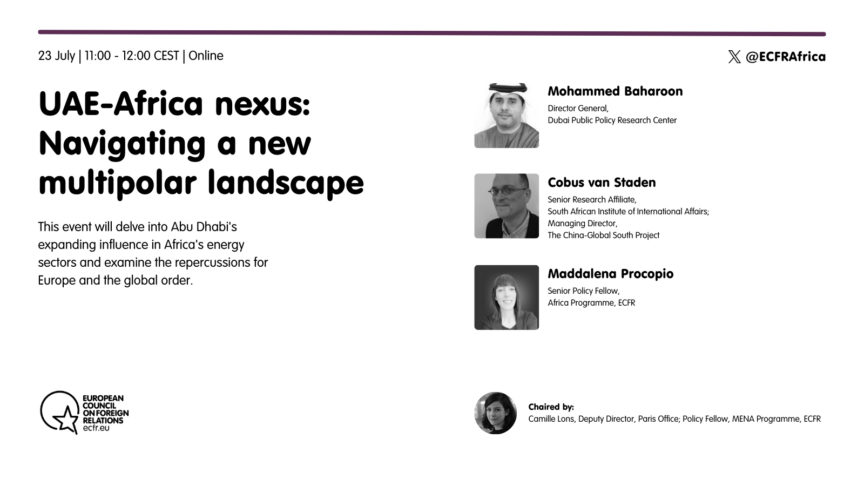
UAE-Africa nexus: Navigating a new multipolar landscape
As European leaders navigate the EU’s strategic future amid rising geopolitical tensions, a critical mass of middle powers, from India and Turkey to the Gulf…

Senior Policy Fellow
Africa geopolitics and international relations, Africa-China, emerging middle powers, energy transition, eastern and southern Africa.
Italian (native), English (fluent), French and Chinese (conversational)
Maddalena Procopio is a senior policy fellow in the Africa programme at the European Council on Foreign Relations. Her main research interests are the geopolitics and international relations of the Africa region, in particular Africa-China and Africa-EU relations, emerging middle powers, Africa’s role in the global energy transition, and eastern and southern Africa.
She has been an associate research fellow on Africa at the Italian Institute for International Political Studies since 2017, mainly focusing on Africa-China relations. Previously, Procopio worked as senior political analyst on sub-Saharan Africa at Eni (2018-2023), where she contributed to identifying (geo)political risks and policy changes in several African countries and at the regional level. Prior to that, she conducted research at Nairobi University, Peking University, the French Agence National de la Recherche, and the Centre for Rising Powers and Global Development at the Institute of Development Studies, University of Sussex University. She has taught courses on foreign policy analysis, Africa and emerging powers, African comparative politics, and violence in East Africa at the London School of Economics (LSE), the University of Cape Town, and the University of Warwick.
Procopio co-directed the first LSE Africa Summit in 2014, contributing to the set-up of the LSE Firoz Lalji Centre for Africa, launched in 2016. Her publications include academic articles, edited volumes, and reports for public institutions. She holds a PhD in international relations from LSE, which focused on Kenyan negotiation strategies vis-à-vis China.

As European leaders navigate the EU’s strategic future amid rising geopolitical tensions, a critical mass of middle powers, from India and Turkey to the Gulf…
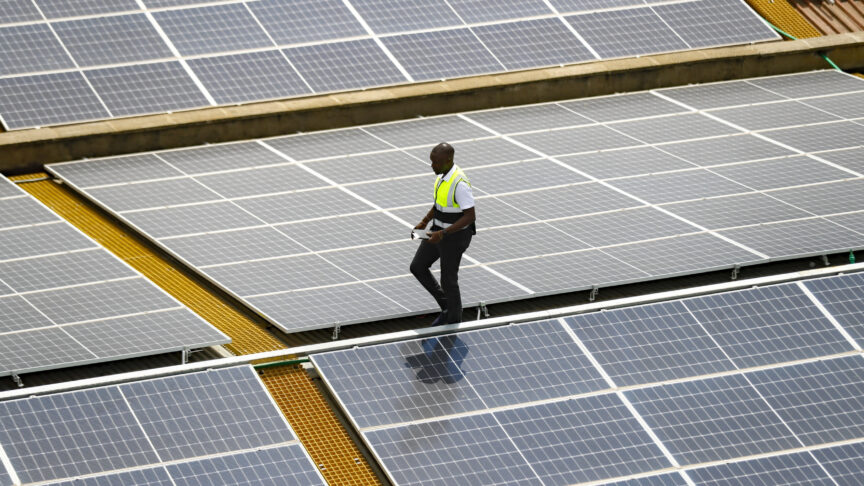
The UAE has invested heavily in Africa’s energy sectors in recent years, expanding its stakes in oil and gas, and renewables. Rather than viewing the UAE as solely a rival, Europeans should pursue a strategy of “co-opetition”, balancing competition with cooperation in areas of mutual interest, to fast-track green initiatives
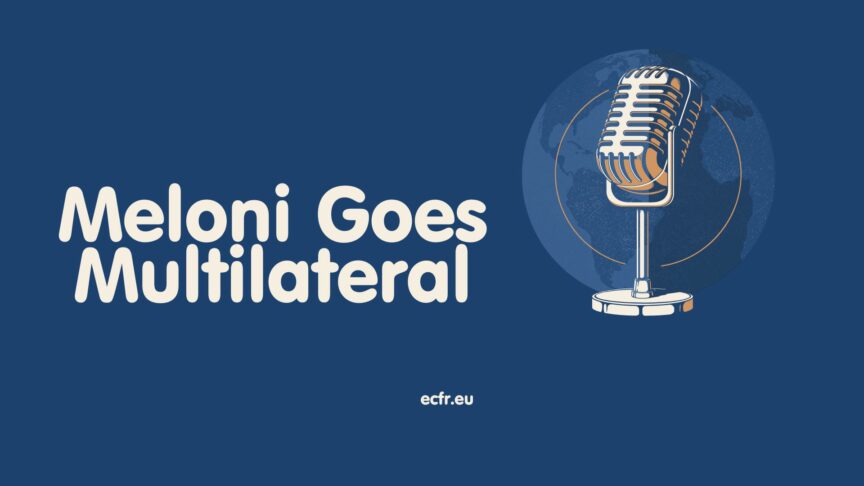
In the first big multilateral test for prime minister Giorgia Meloni, this mini-series will explore the four main priorities of Italy’s 2024 G7 presidency: Ukraine, AI, infrastructure, and Africa
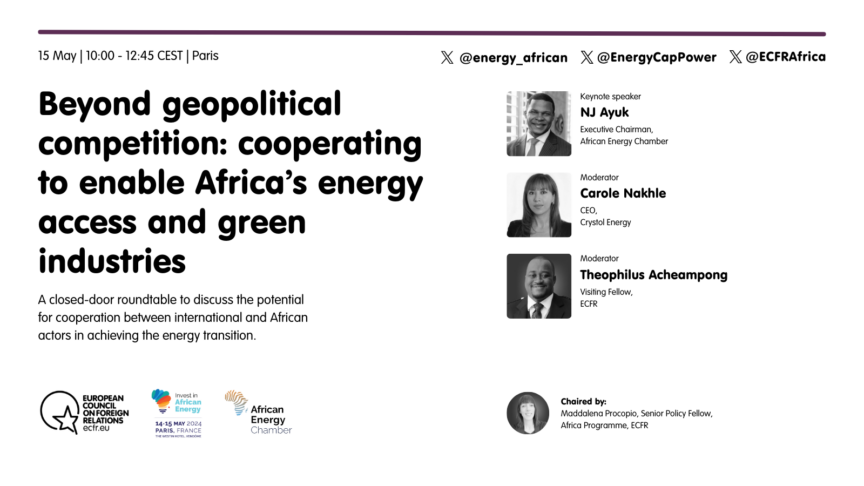
The global energy transition has become a battleground for competing interests, with Africa emerging as a pivotal arena. International players vie for access to Africa’s…
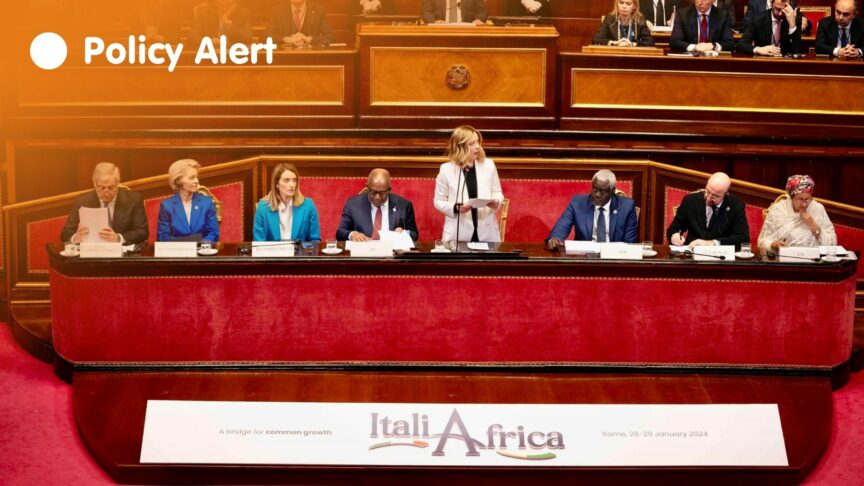
Italy’s much anticipated Africa strategy has some promising elements, but needs broadening if it is to really contribute to Italian, European, and African interests
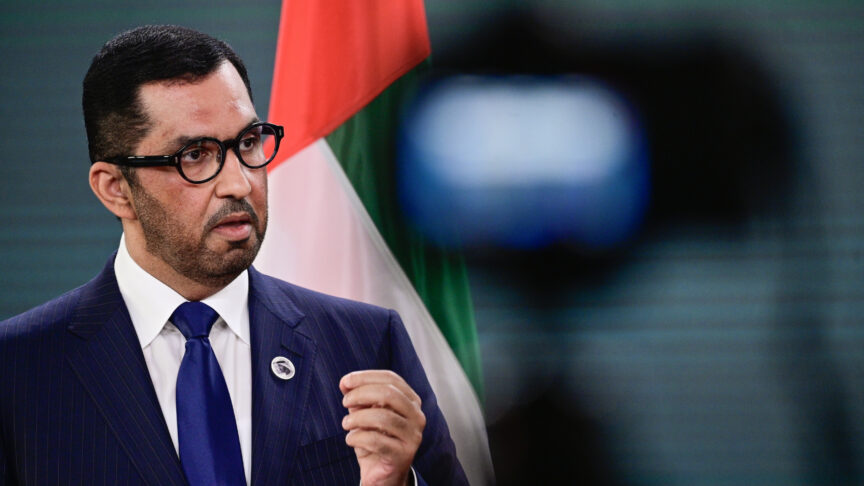
The UAE’s expanding role in Africa’s energy spaces could present a challenge to Europe’s energy security and decarbonisation ambitions – but opportunities for cooperation also exist that could accelerate the global energy transition
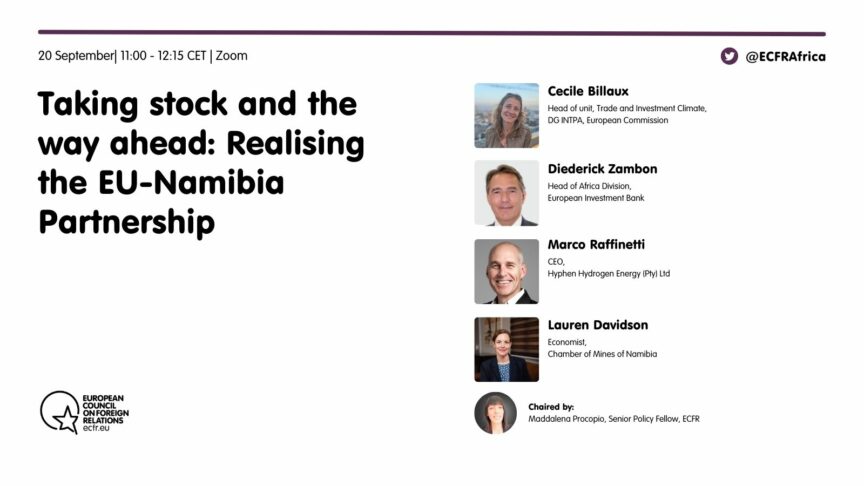
In November 2022 at COP 27 the European Union and Namibia signed a Memorandum of Understanding (MoU) establishing a strategic partnership to develop raw materials…
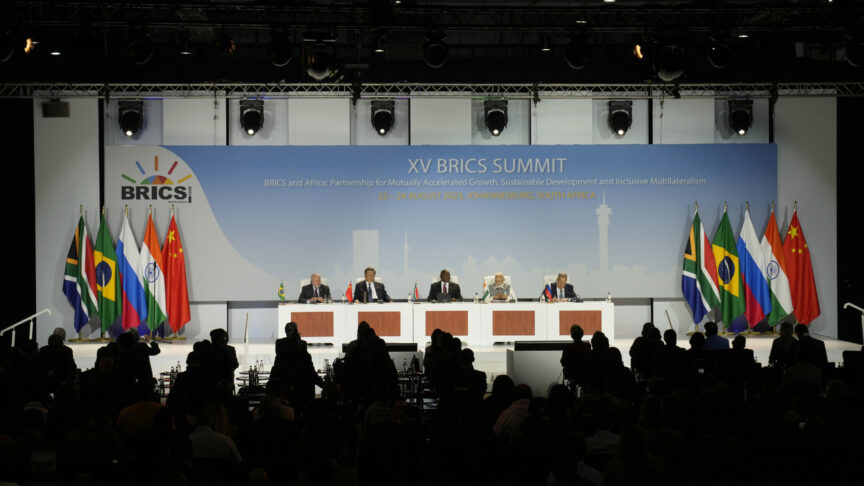
The EU and its member states should explore opportunities for trilateral energy and climate cooperation with the BRICS and African states, focusing on converging interests to mitigate the risks associated with growing south-south cooperation and a north-south divide

The UAE has invested heavily in Africa’s energy sectors in recent years, expanding its stakes in oil and gas, and renewables. Rather than viewing the UAE as solely a rival, Europeans should pursue a strategy of “co-opetition”, balancing competition with cooperation in areas of mutual interest, to fast-track green initiatives

Italy’s much anticipated Africa strategy has some promising elements, but needs broadening if it is to really contribute to Italian, European, and African interests

The UAE’s expanding role in Africa’s energy spaces could present a challenge to Europe’s energy security and decarbonisation ambitions – but opportunities for cooperation also exist that could accelerate the global energy transition

The EU and its member states should explore opportunities for trilateral energy and climate cooperation with the BRICS and African states, focusing on converging interests to mitigate the risks associated with growing south-south cooperation and a north-south divide

In the first big multilateral test for prime minister Giorgia Meloni, this mini-series will explore the four main priorities of Italy’s 2024 G7 presidency: Ukraine, AI, infrastructure, and Africa

As European leaders navigate the EU’s strategic future amid rising geopolitical tensions, a critical mass of middle powers, from India and Turkey to the Gulf…

The global energy transition has become a battleground for competing interests, with Africa emerging as a pivotal arena. International players vie for access to Africa’s…

In November 2022 at COP 27 the European Union and Namibia signed a Memorandum of Understanding (MoU) establishing a strategic partnership to develop raw materials…